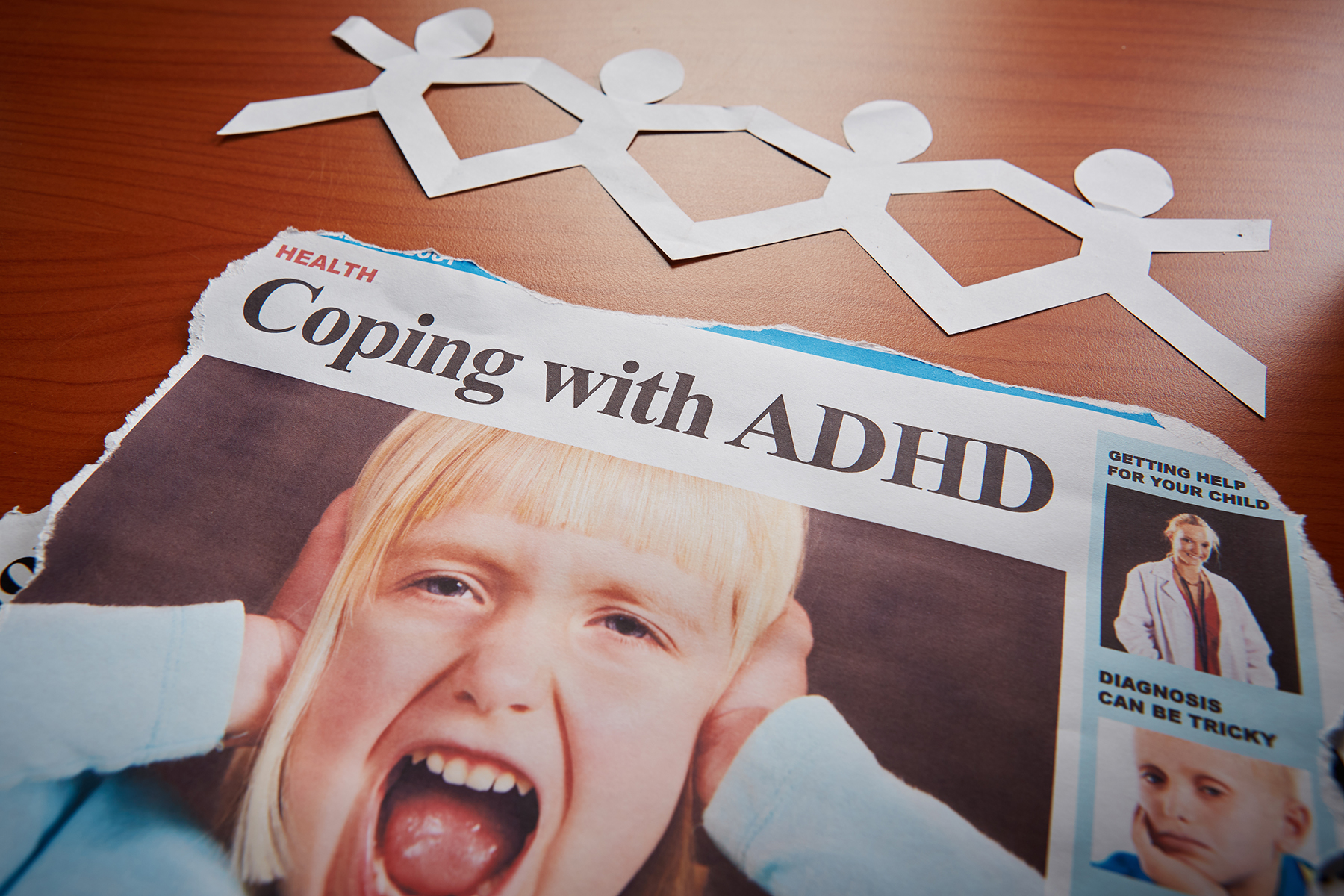Identifying ADHD in Girls – Advice for Parents

Parents and teachers are often familiar with the term Attention Deficit Hyperactivity Disorder (ADHD).
You may associate this common neurodevelopmental disorder with little boys running around a classroom, unable to sit still and focus on their schoolwork. But, when girls have ADHD, the symptoms can appear different – and are often overlooked or misdiagnosed. Left untreated, this can lead to suffering in silence; poor self-esteem; and missed opportunities academically, socially, and professionally. This mental health condition typically lasts into adulthood but is often diagnosed during childhood.
What are the ADHD symptoms in girls?
“Inattention without hyperactivity occurs more commonly in girls,” said Eugene R. Hershorin, M.D., who specializes in pediatric developmental and behavior at the University of Miami Health System.
- Instead of being full of uncontrollable physical energy, girls with ADHD are often very talkative. They may frequently interrupt conversations and activities – even after parents and teachers have repeatedly asked them to be quiet and listen.
- They can have difficulty listening to verbal instructions.
- Their inattention and poor time management can make it hard to complete tasks like homework and household chores.
- Or, they may be forgetful daydreamers who appear withdrawn in their own world, instead of class clowns like their male counterparts.
- Girls with ADHD are more likely to experience anxiety and depression. They are often described as overly emotional and hypersensitive, and may cry frequently at seemingly small setbacks.
“In these cases, the girls’ behavior isn’t always the problem,” Dr. Hershorin said. Parents and teachers might assume these characteristics are just part of a girl’s personality, not signs of a treatable neurodevelopmental condition. “If they’re bright and getting reasonable grades, their attention-deficit may not come to the attention of their teachers, parents, and coaches because it doesn’t overtly cause a problem.”
Even if the ADHD symptoms may not seem like a problem, girls may still be struggling.
Undiagnosed ADHD may lead to girls starting to blame themselves if it takes them longer than expected to finish schoolwork, tests, and other focus-oriented tasks.
As a result, you may find your child putting excessive pressure on herself to be perfect. While it’s assumed that a child with ADHD can’t focus on any one task, she may direct all of her energy into a single hobby or activity she enjoys. This coping strategy can help her feel accomplished while she also feels incapable of keeping up with other responsibilities at school and home.
These symptoms can lead to excessive stress, poor self-image, and dreading school.
If you notice these signs in your child, speak with your pediatrician. They will recommend a physician with special training and experience diagnosing and treating children with behavioral or developmental problems.
“ADHD is the single most studied disorder, with more research publications than any other disorder in childhood,” said Dr. Hershorin. “As a profession, we have 75 years of experience to know how to treat ADHD effectively. When treated appropriately and consistently, parents can expect their children to grow up to be happy, healthy, successful adults capable of reaching their potential.”
Dana Kantrowitz is a contributing writer for UMiami Health News.
Tags: ADHD, Dr. Eugene R. Hershorin
